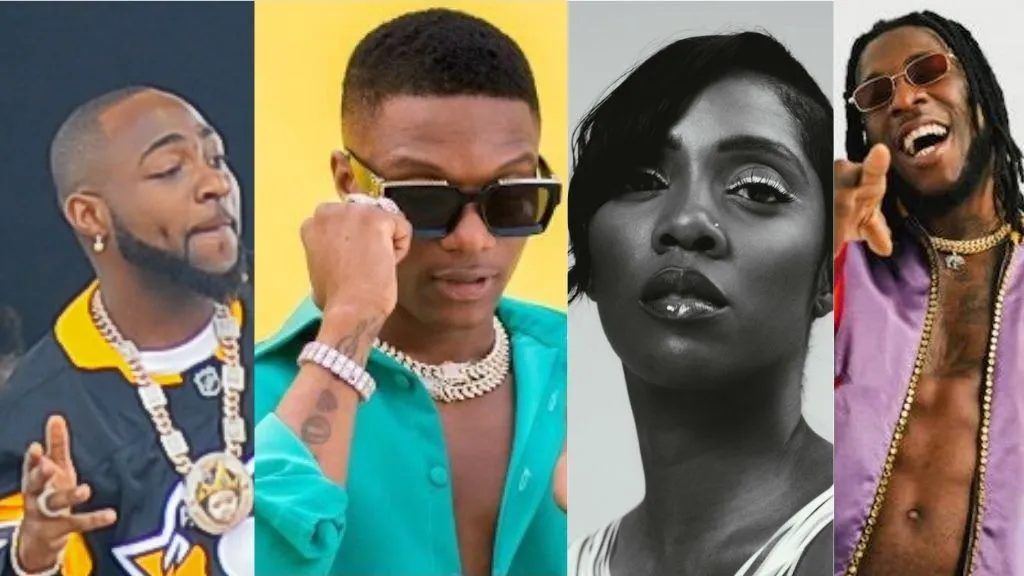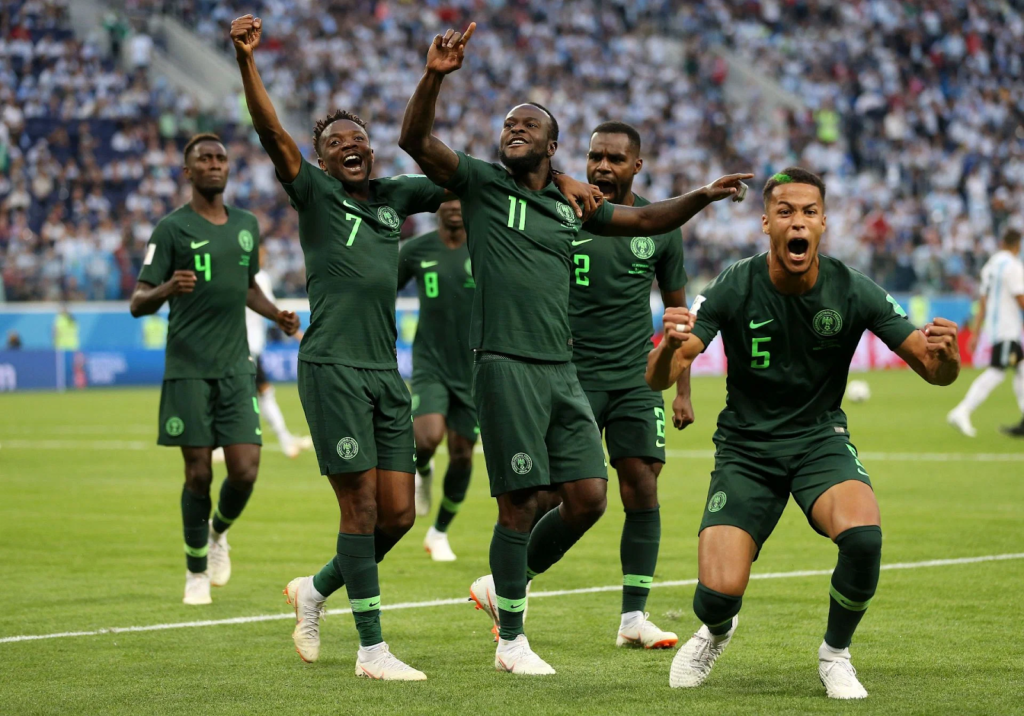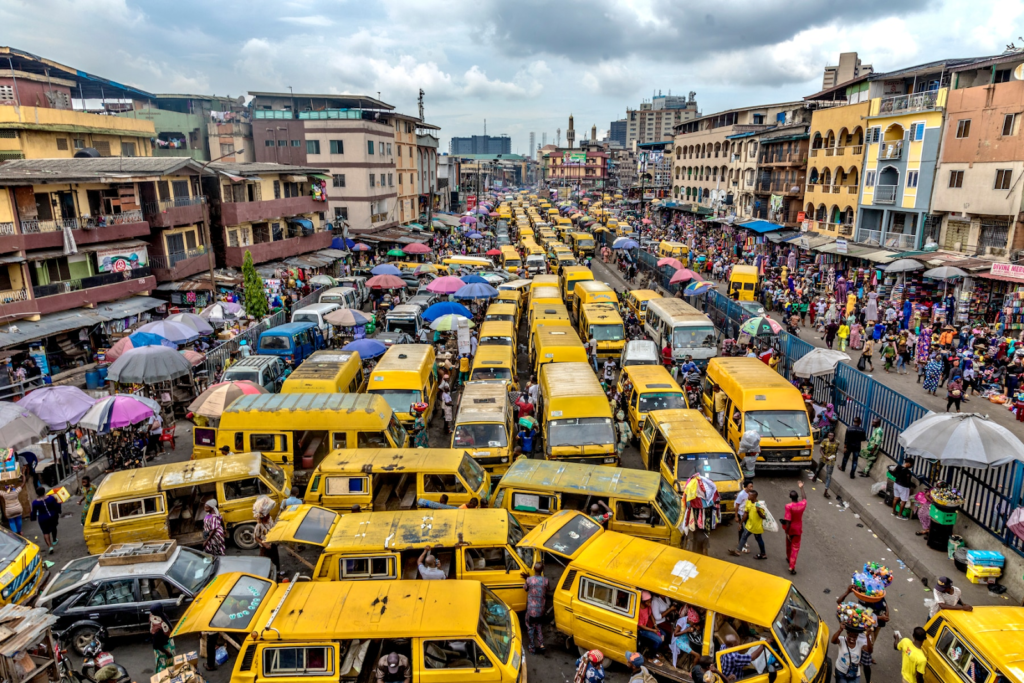In January 2023, Nigerian comedian, Helen Paul, took to Google to ask, “Who is the owner of Nigeria?” Google’s response was to bring up Aliko Dangote, the billionaire businessman. Soon enough, it became a trending issue as other people confirmed the same result from the search engine.
Although it’s considered a Google algorithm error, it has brought up random answers to queries it has no specific answers to, like claiming Jack Ma was the owner of China or Agbani Darego being Nigeria’s ugliest woman.
Google may not always be your friend, but we won’t disappoint you like that. That’s why we want to give a definitive answer to the question: Who owns Nigeria?
Table of contents
Who Owns Nigeria?
No one person “owns” Nigeria, not even the President. Nigeria is a sovereign state whose ownership is vested in the Nigerian people. As we’ve explained in a separate article, Nigeria is both a federal republic and a democracy. By federal, we mean that Nigeria is a federation of states—36 in all (excluding the Federal Capital Territory).
By republic, we mean a system of government where people choose representatives through elections to represent them in the public interest. In this sense, it differs from military rule or a monarchy. But it does sound very similar to a democracy, which also elects leaders. Like Nigeria, most democracies are also republics. Examples include the US and France.
A slight difference is that democracy is the government of the majority, which allows the majority to impose its will on the minority. On the other hand, a republic allows everyone—whether the majority or the minority—to have inalienable rights. The Constitution protects these rights in Nigeria.
This national identity is also reflected in our symbols — like the flag, the coat of arms, and most recently, Nigeria’s new national anthem, which was reintroduced in 2024 after replacing the previous one that had been in use since 1978. The change stirred debate, but it’s a reminder that a nation’s identity is constantly evolving, shaped by both its history and its people.
Nigeria gained independence on October 1, 1960, but only became a republic on October 1, 1963. Since then, we’ve alternated between Republican and military rule. Nigeria is in its Fourth Republic, which began on May 29, 1999.
What Else Should You Know About Nigeria?
Nigeria is an ethnically diverse country comprising over 250 ethnic groups. Its largest ethnic groups are the Hausa, Igbo, and Yoruba. We already wrote about other ethnic groups you should know about.
Nigeria is also unique in its composition, being perhaps the only country with a roughly even split of Christians and Muslims.
Nigeria is an oil-rich nation plagued with many issues like poor leadership, insecurity, economic mismanagement, and corruption. However, Nigeria has historically excelled in sports and the arts and is a prominent force in the African tech scene. Below are five interesting facts to know about Nigeria.
Five Fun Facts About Nigeria
- Nigeria is the originator of the team sport Loofball, which combines features of handball and volleyball. It began in 2017.
[Loofball / Wikipedia]
- Nigeria is home to Igbo-Ora, situated in Oyo state. With 158 twin births per thousand, it has been described as the Twin Capital of the World.
[Nigerian Twins / Reuters]
- Nigeria’s Nollywood is the second-largest film industry in the world. Nigeria is also the home of Afrobeats, championed by stars like Wizkid, Burna Boy, Davido, and Tiwa Savage.

[Davido, Wizkid, Tiwa, Burnaboy / Intel Region]
- Nigeria remains the only African country to have medalled in all categories in Olympic football, winning gold in Atlanta 1996, silver in Beijing 2008, and bronze in Rio 2016.

[Nigeria’s male football team at the 2018 World Cup / Sportskeeda]
- Nigeria has one of the youngest populations in the world. About 50.4% of its population is under 18 years old. Its commercial capital, Lagos, is projected to become the world’s most populous city by 2100.

[Lagos / The Washington Post]
Frequently Asked Questions About Nigeria
Q: Who did Nigeria belong to?
A: Before gaining independence in 1960, Nigeria was a British colony. Control was passed to the Nigerian people after independence.
Q: Who runs Nigeria now?
A: Nigeria is currently governed by President Bola Ahmed Tinubu, elected in 2023. Nigeria operates as a federal republic and democratic state.
Q: How is Dangote related to Dantata?
A: Aliko Dangote is the great-grandson of Alhassan Dantata, a wealthy Northern merchant and one of Africa’s richest men in the early 1900s.
Q: Who purchased Nigeria?
A: No individual purchased Nigeria. However, in 1900, the British government took over the Royal Niger Company’s territories, forming the colony of Nigeria.
Q: Who owned Nigeria before the British?
A: Before colonial rule, Nigeria was made up of various kingdoms and empires such as the Oyo Empire, Benin Kingdom, and Sokoto Caliphate, each with its own rulers.
Conclusion: Nigeria Belongs to Its People
No single person owns Nigeria. Despite what Google might say, Nigeria is owned by its citizens, governed by a constitution, and shaped by its history and diversity. It’s easy to misunderstand ownership in a country as complex as Nigeria. But one thing’s clear, our national identity is something we all co-create.




